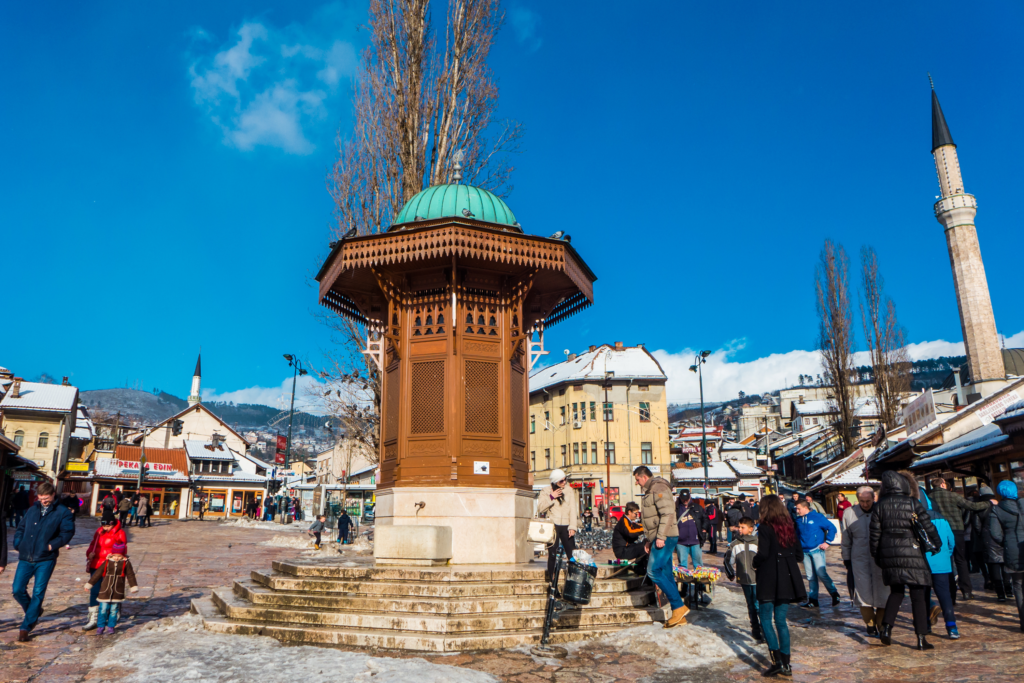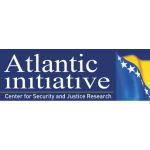BOSNIA AND HERZEGOVINA
CONTEXT
Returnees from conflicts abroad also known as Returning Foreign Terrorist Fighters (RFTFs) are the predominant manifestation of violent extremism in the Western Balkans. Countries in the Western Balkans have had some of the highest number of returnees per capita in the world. Individuals who travelled, and in some cases fought in Syria and Iraq had various motives, usually a mix of personal drivers and justifying ideological objectives. Lack of employment, poverty, and low levels of education further contribute to vulnerability to violent extremism in the Western Balkans.
Bosnia and Herzegovina became a partner country and is now part of the Western Balkans grant portfolio. By the end of 2021, the country had repatriated 94 citizens but up to 20 men, 30 women, and close to 80 children remain in detention facilities and refugee camps in northeastern Syria. Returnees have so far received little assistance and have been self-reintegrated into their immediate families and communities.
Our grant portfolio aims to provide reintegration, rehabilitation, and resocialisation (RRR) support to returnees and their families, while working to strengthen the capacity of frontline workers and nurture an enabling environment for RRR throughout the country.
INVESTMENT FOCUS
The focus of the investment in Bosnia and Herzegovina is to:
- build capacity of national and local institutions and frontline practitioners working on R&R.
- improve strategic communications on R&R within institutions and to the public.
- increase solidarity and community agency to create an enabling environment for the reintegration and resocialisation of returnees.
The programme aims to do this by:
- supporting revision and development of new communications strategy of R&R stakeholders.
- re-establishing and strengthening Mobile Teams working on R&R at the federal and local level.
- encouraging media coverage by journalists through workshops and publications.
- strengthening capacities of CSOs working on R&R through trainings.
01
Total Grants
01
Active Grants
01
Civil Society Organisation
0.7M USD
Total Amount Committed

LOCAL PARTNERS

Newsletter

Sustainable Development Goals

Peace, Justice & Strong Institution
No Poverty

Quality Education

Gender Equality

Decent Work & Economic Growth

Reduced Inequalities

